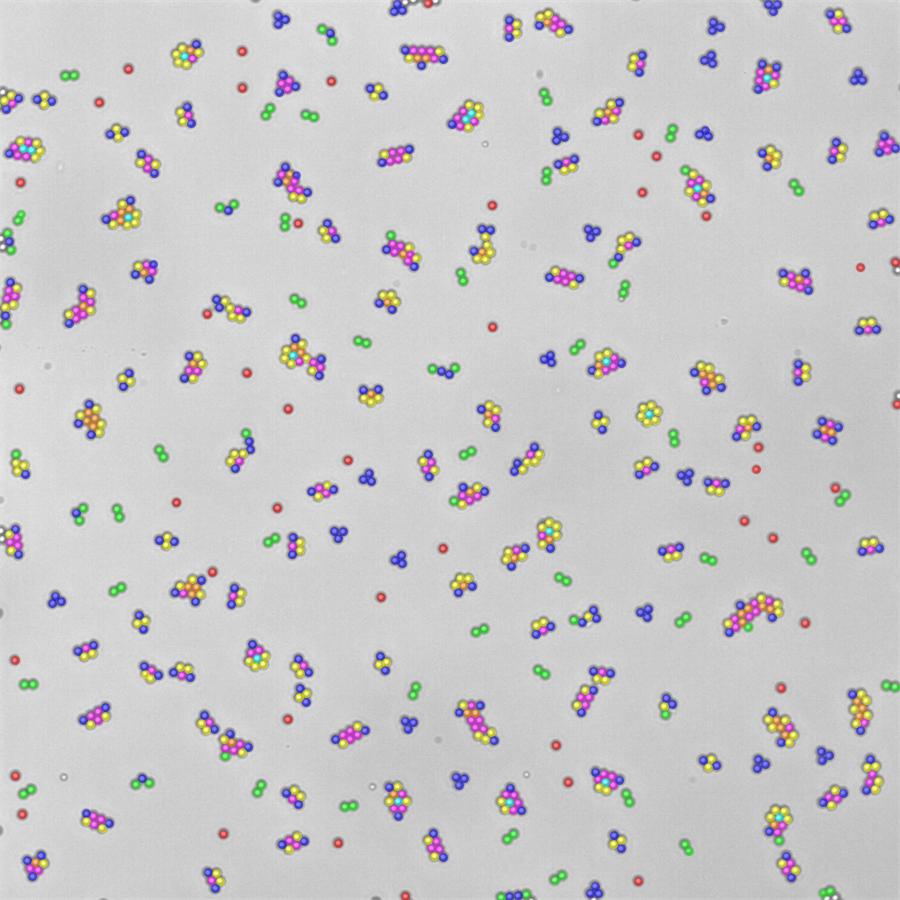Place and Time: Abingdon, Thursday 20 April 2017 from 19:00 for 19:30
Barn Room, Crown and Thistle (18 Bridge St, Abingdon OX14 3HS)
Double Act: Two 30 min presentations
- Self versus foreign – how does the immune system learn?
- Colloidal Polymers
FIRST TALK: Self versus foreign – how does the immune system learn?
The immune system is the general line of defence for the body against bacterial infections and viruses.

The immune system is made up of a variety of different tissues such as the spleen or lymph nodes. Several cell types produce different proteins such as antibodies which are contributing to immune responses. This talk will focus on the thymus, the organ responsible for ‘educating’ certain types of immune cells, known as T cells. Through this ‘education process’, a response of immune cells against the body’s own tissues (termed autoimmunity) is prevented. In this talk I will discuss the discovery of autoimmunity and the remaining mysteries surrounding the processes which the body has developed to prevent it from occurring.
Speaker: Kathrin Jansen
Kathrin Jansen is a PhD student in “Genomic Medicine & Statistics” at the University of Oxford (Kennedy Institute for Rheumatology). After degrees in Biochemistry and Cancer Biology, her current research is focussed on single-cell RNA sequencing of thymic epithelial cells. For more information, see: https://www.kennedy.ox.ac.uk/team/kathrin-jansen
SECOND TALK: Colloidal Polymers
Understanding the formation, ageing and failure of particle  gels is both of fundamental interest and industrial importance. Numerous commercial products contain active ingredients, which contain colloidal polymers. Polymers or clays are routinely added to such systems as thickening agents. The addition of these often results in the formation of particle or colloidal gels, the lifetime and behaviour of which can be difficult to predict.
gels is both of fundamental interest and industrial importance. Numerous commercial products contain active ingredients, which contain colloidal polymers. Polymers or clays are routinely added to such systems as thickening agents. The addition of these often results in the formation of particle or colloidal gels, the lifetime and behaviour of which can be difficult to predict.
Speaker: Michael Mordan
Michael Mordan is a PhD student at the University of Oxford, working in the Oxford Colloid Group.
